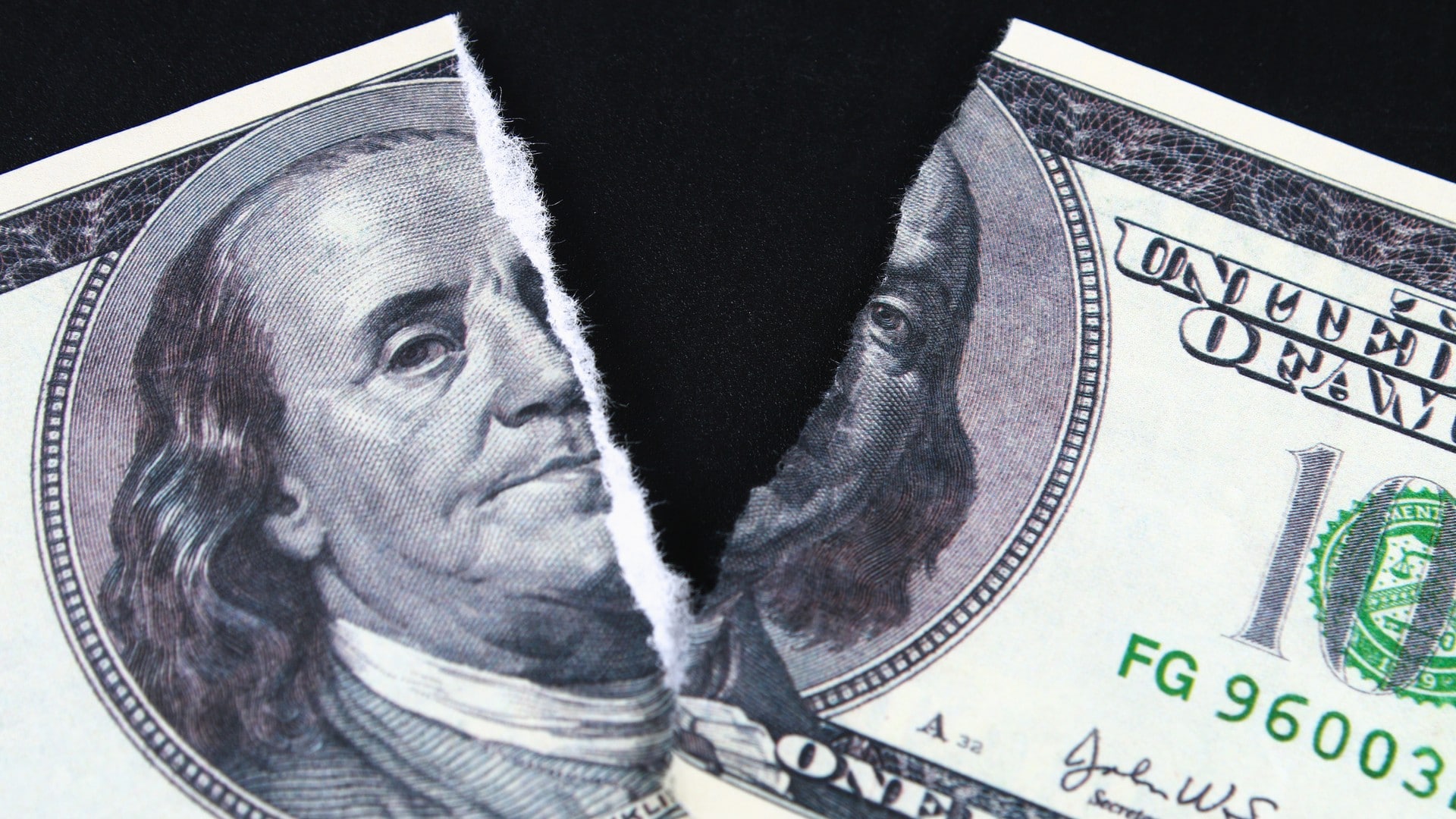
Hard dollars can be a confusing topic, especially if you’re new to the world of real estate investing. Hard dollars are simply those that are not re-usable and can only be used once, while soft dollars can be used over and over again. If you’re new to real estate investing, make sure you learn more about how hard dollars work so you don’t accidentally buy properties with funds that will disappear after one use!
The story behind hard dollars

Hard dollars are payments made by customers to investors in a business. These payments are typically in the form of cash, but can also be in the form of equity or debt. The purpose of hard dollars is to help the business grow and scale by providing capital for expansion and hiring. However, hard dollars can also be used to pay for operational expenses, such as rent or marketing. Hard dollars typically come with a few different fees, such as an management fee, a performance fee, and a cash fee.
A hard dollar is a payment made by a customer in exchange for services. These payments are typically cash, but can also be equity or debt. Because they’re negotiated directly between investors and customers, they’re also known as customer-directed dollars (CDDs). Investors collect these payments on behalf of companies that need capital for business expansion or operational expenses. Usually, investors expect to receive a percentage of hard dollars in return for managing these agreements, as well as part of any profit made on them.
What are hard dollars?
Hard dollars are cash fees that an investor pays to a fund manager. The fees are used to cover the costs of running the fund, and they’re typically charged when an investor buys or sells shares. The term hard refers to the fact that these fees are not subject to the same regulations as other types of fees, such as management fees. Hard dollars can be a significant expense for investors, so it’s important to understand how they work before investing in a fund.
The two main types of hard dollars are purchase fees and redemption fees. Purchase fees, also known as load charges, may be applied whenever an investor buys shares in a fund. Redemption fees are similar, but they apply when an investor sells shares. These charges typically range from 4% up to 5% of your investment amount and can add up quickly if you change your mind about investing and want out of a fund early on.
Why do firms charge hard dollars?

Firms that charge hard dollars do so because they want to ensure that their clients are serious about making an investment. By charging hard dollars, firms are able to recoup some of their costs associated with due diligence and research. Additionally, hard dollar charges send a signal to the market that the firm is confident in its ability to generate returns for its investors. Finally, by requiring hard dollars, firms are able to align their interests with those of their clients.
Charging hard dollars is one way that firms use to help ensure that clients are serious about making an investment. Without hard dollars, many firms would be unable to make profits from their client’s investments and would not be able to cover their costs. The main reason why a firm would want to earn fees for its services is that it’s in their best interest for its clients’ investments to succeed. For example, if a firm has been paid by its client as an advance against future revenues and those revenues don’t materialize, then it’s in both parties’ best interest if there are no legal challenges because of an issue like fraud or negligence. Charging hard dollars also makes firms more competitive in a crowded market.
Why should I care about hard dollars if I never trade?

While you may not be interested in hard dollars, they can have a big impact on your investments. Here’s what you need to know about hard dollars and how they can affect your portfolio. Hard dollars are a type of currency that is not freely traded. The value of hard dollars is based on the underlying asset, which is usually a commodity. Hard dollars are used to trade commodities and other assets that are not easily converted into cash. For example, let’s say you own a gold mine. You can’t just go to the bank and exchange your gold for cash. You have to find someone who is willing to trade their cash for your gold. This is where hard dollars come in.
Many hedge funds and large investors use hard dollars to fund their trades, but you don’t have to be a big investor or hedge fund manager in order to use hard dollars. If you trade commodities or futures, your broker may offer an option for trading with hard dollars. Whether or not you use them is up to you, but it’s important that you know how they can affect your investment performance.
In addition to their impact on your investment portfolio, hard dollars can also impact which assets are traded. Commodities that are backed by hard dollars tend be more reliable than other assets such as stocks and bonds because there is always someone who will accept payment in form of hard dollar value. This means that people want these commodities and will continue to buy them.
Where do I find information about my firm’s hard dollar charges?

You can find information about your firm’s hard dollar charges in a few places. First, check with your firm’s compliance department. They should have a good understanding of the fees associated with your account. Second, you can look at your account statements. Many times, hard dollar charges will be itemized on these statements. Finally, you can ask your financial advisor for more information. He or she should be able to tell you more about the hard dollar charges associated with your account.
As you consider your hard dollar charges, there are a few factors you should keep in mind. First, as a client of your firm, you have a right to know what fees your financial advisor is charging you for his or her services. That’s why it’s important that your financial advisor be transparent about these charges and give clear explanations of what they cover and why they’re necessary. Second, when considering these charges it’s important that you consider them in context with any potential return on investment. As an investor, you want to make sure that even after paying hard dollar charges associated with your account, that there is still sufficient profit left over so that you can continue to benefit from working with your financial advisor.